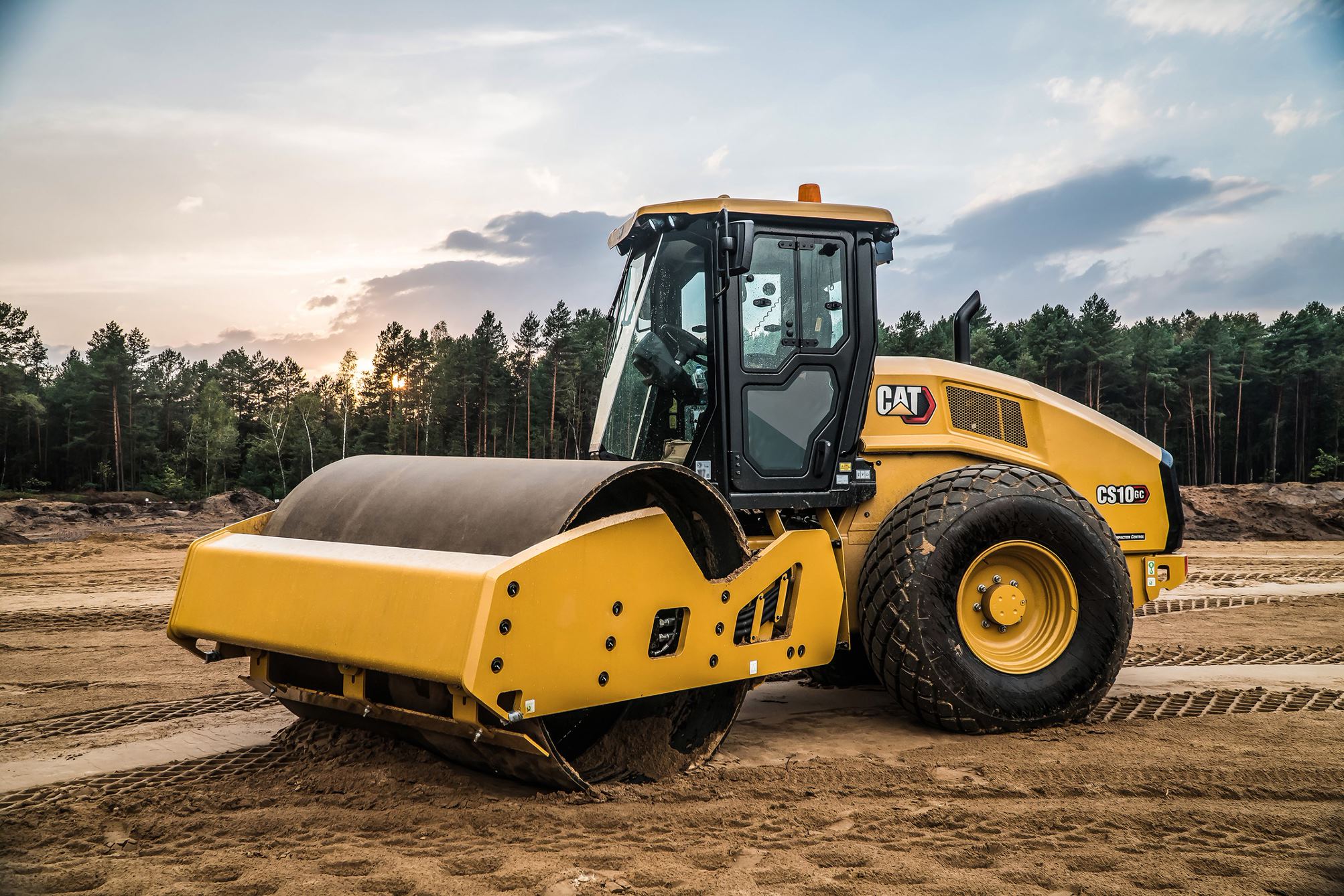Comprehensive Equipment Rental Company Guide for Scissor Lift and Mini Excavator Rentals
Comprehensive Equipment Rental Company Guide for Scissor Lift and Mini Excavator Rentals
Blog Article
Factors to Examine When Leasing Construction Equipment for Cost-Effective Operations
When thinking about the service of building and construction equipment for economical procedures, different aspects come into play that can substantially affect the total project expenditure. Examining devices specs, rental terms, maintenance expenses, job duration, and performing an extensive cost analysis are important steps in guaranteeing ideal monetary effectiveness and functional success.
Devices Specifications

Variables such as fuel intake, operating speed, and technology combination add to equipment performance. By focusing on performance, resilience, and efficiency in equipment specifications, building job managers can improve operational performance and ultimately achieve effective job outcomes.
Rental Terms
To guarantee a clear understanding of the terms associated with renting construction tools, it is essential for task managers to very carefully evaluate and negotiate the rental agreement (construction equipment rentals). Rental terms incorporate various aspects that can considerably affect the overall price and efficiency of a building project. Key variables to consider include the rental duration, pricing framework, repayment terms, upkeep duties, insurance protection, and stipulations for equipment failures or breakdowns
When reviewing the rental agreement, project supervisors must pay close interest to the period of the rental period. Comprehending whether the rental costs are based on a hourly, day-to-day, once a week, or monthly rate is critical for budgeting and organizing functions. In addition, clearing up the payment terms, such as in advance expenses, down payment, and penalties for late settlements, can assist prevent unanticipated financial concerns.
Clearly outlining that is liable for routine upkeep, repair work, and maintenance can make certain that the devices continues to be in optimum problem throughout the rental period. By very carefully checking out and negotiating the rental terms, job supervisors can protect cost-effective tools services that fulfill their job requirements.
Maintenance Expenses

Some rental companies use maintenance bundles that cover these prices, while others may call for occupants to bear the full maintenance expenditures. By budgeting for maintenance prices sticking and upfront to recommended servicing timetables, renters can mitigate unanticipated costs and optimize the effectiveness of the rented out building and construction tools.
Task Period
Efficient task period administration is indispensable to enhancing the utilization of rented out building and construction equipment and guaranteeing prompt completion of jobs. When renting out building equipment, thinking about the job duration is critical for cost-effective procedures. A clear understanding of the job timeline enables better preparation and application of devices, making certain that the right devices are available for the required duration without sustaining unneeded expenses. heavy equipment classifieds Matching the rental period to the job's estimated period helps in preventing any potential late costs or added fees that might develop from surpassing the agreed-upon rental duration. Effective project duration administration allows building and construction teams to improve their operations, boost efficiency, and fulfill project target dates successfully. By lining up the rental period with the task mobile heavy machinery schedule, building and construction companies can maximize making use of equipment, lessen downtime, and inevitably accomplish cost financial savings on their jobs. Evaluating and accurately approximating the job period is a crucial element in leasing building and construction tools for optimal cost-effectiveness.
Expense Evaluation
Lining up the project period with an extensive price evaluation is crucial in optimizing the economic performance of renting building and construction tools. Performing an extensive cost analysis involves more than just contrasting rental rates.
One important element of price analysis is comprehending your project's particular equipment needs. Leasing equipment that is either underutilized or overused can result in unneeded expenditures. Assessing the task needs and picking the best type and amount of tools can aid reduce expenses while guaranteeing functional efficiency.
Furthermore, comparing the prices of getting versus renting devices is important. While renting may seem economical for short-term jobs or specialized tools, purchasing could be a lot more cost-effective for long-term or regularly utilized equipment. By evaluating the pros and cons of both alternatives, you can make critical options that straighten with your budget plan and project objectives.
Final Thought
Finally, assessing factors such as devices requirements, rental terms, maintenance costs, task period, and price evaluation is critical when renting out building devices for affordable procedures. By thoroughly thinking about these elements, building and construction business can ensure they are getting one of the most value out of their equipment rentals and ultimately conserve cash on their jobs. It is important to prioritize cost-effectiveness and efficiency in all facets of building procedures.
Assessing tools specs, rental terms, upkeep costs, project duration, and performing a detailed expense analysis are vital steps in guaranteeing optimal monetary performance and functional success. By focusing on performance, durability, and effectiveness in equipment specs, construction task supervisors can improve operational effectiveness and inevitably attain effective task end results.

By aligning the rental that site duration with the task timetable, building business can make best use of the usage of devices, decrease downtime, and eventually accomplish cost savings on their tasks.In final thought, reviewing elements such as tools specifications, rental terms, upkeep costs, job duration, and expense evaluation is critical when leasing building and construction tools for cost-effective procedures.
Report this page